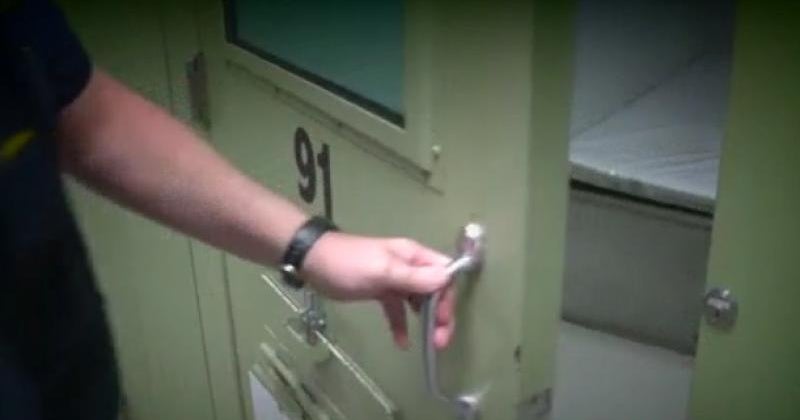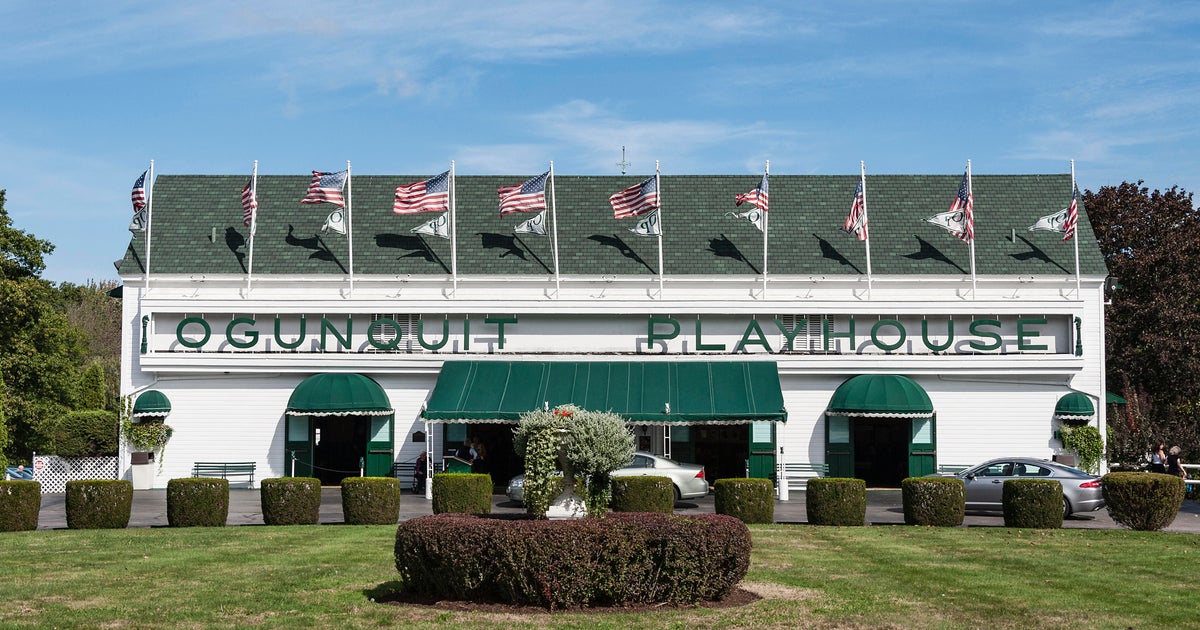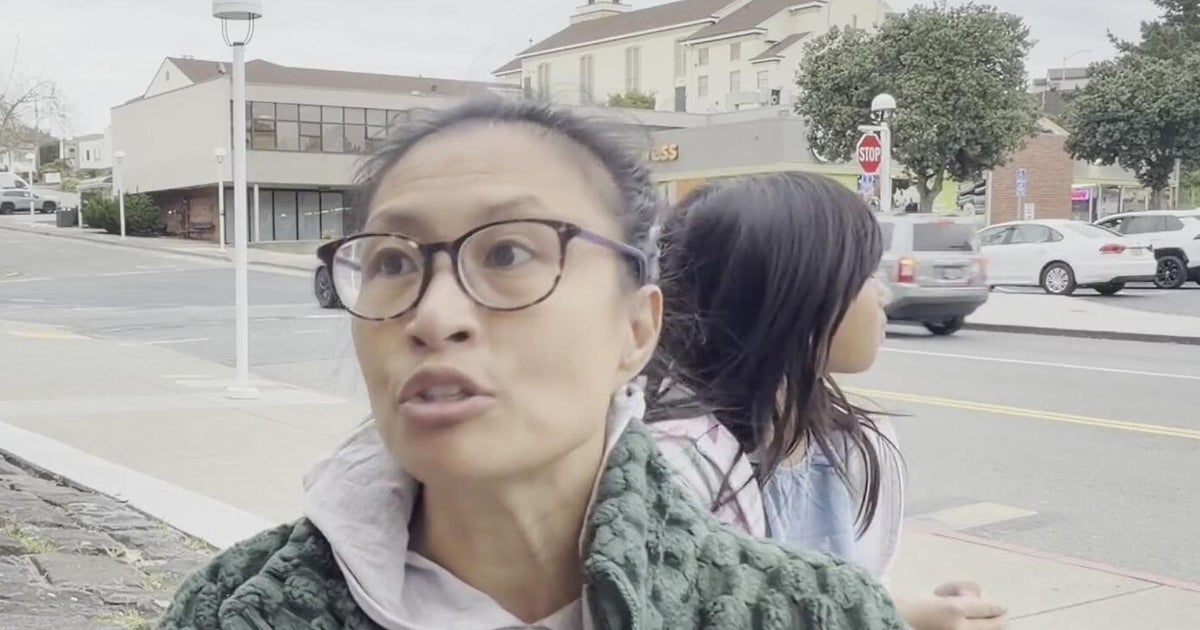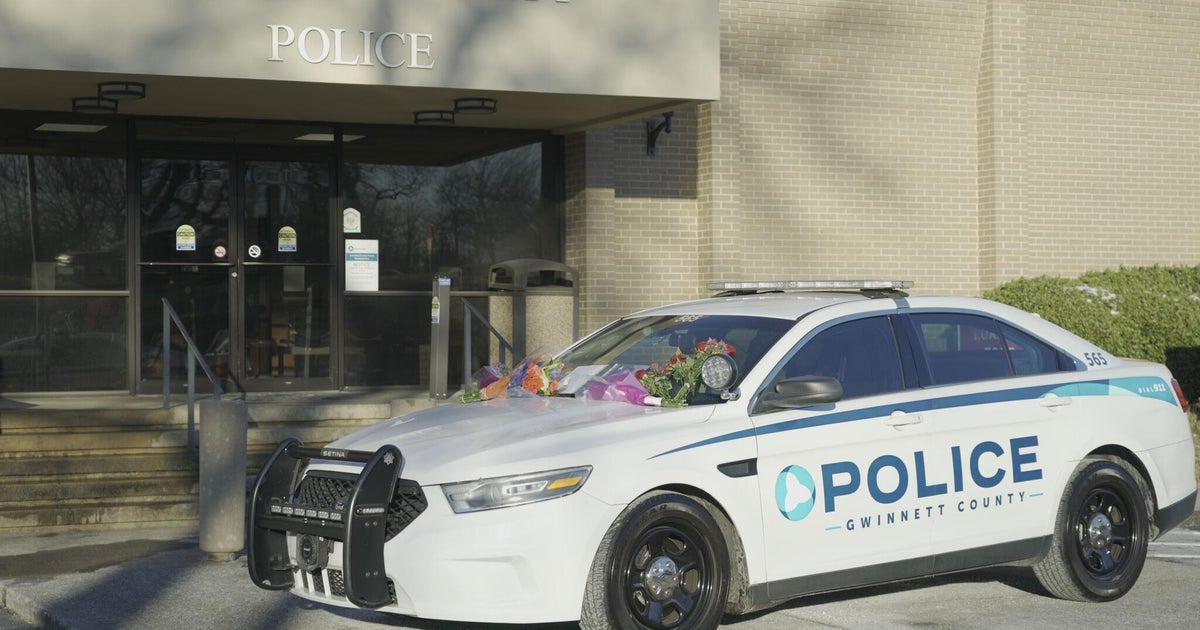Youth Advocates Push To Close Illinois Juvenile Prisons
CHICAGO (CBS) -- There is now a push to close the prisons that house the youngest criminals in Illinois -- children. Instead is a proposal to rehabilitate them with a growing chorus of advocates who say prison time for juveniles is not the answer.
Many of them have firsthand experience. CBS 2's Megan Hickey spoke with a man who was locked up in the youth prison in St. Charles as a teenager, and he said the millions of dollars needed to keep these prisons running can be much better spent.
Tucked away in the green fields of Kane County is a massive, 127-year-old facility that can hold nearly 350 kids. But right now, there are only about 30 juveniles incarcerated at the Illinois Youth Center St. Charles.
"I was like, I would probably say 15 or 16," Sherrif Polk said.
He used to be one of them.
"But the whole idea of like you're still a human, you know, staying still a person before this position as you know what I'm saying," he said. "My experience and the conditions, man, it was really horrible."
Polk isn't the only one who feels that way. Just two years ago AnnMarie Brown worked as an outreach worker inside the prison walls. Now she is calling for its closure.
"They're behind fences and barbed wires," she said. "They're not animals. They're humans."
She said she feels like some of the children were not treated humanely.
"You put them in a hostile environment like that, and then you realize why they might act out or might not feel like they want to be here or they're crying for help."
Now Brown and Polk have both joined the Final 5 Campaign, which is dedicated to closing the five youth prisons left in Illinois. It's a goal that Gov. JB Pritzker announced his support for a year ago.
"In fact, a lot of the evidence is very clear that it hurts them," said Jenniver Vollen-Katz, executive director of the prison watchdog John Howard Association. "And it promotes increased likelihood of criminal behavior when they're older, so studies are pretty clear. The research is pretty clear, listening to kids who've been impacted by the juvenile justice system."
Vollen-Katz said the research points to the fact that prison budgets could be better spent on community-based rehabilitation and treatment services. In 2021, $26 million was budgeted to run St. Charles.
These advocates say the process of closing these prisons needs to happen much more quickly because every day more and more kids are having their first, pivotal interactions with our criminal justice system.
"They're human. They deserve to be able to laugh and love and have pain and hold this trauma and be able to talk about it like everyone else," Brown said.
Friday, Pritzker's office said that over the last several months they've been gathering recommendations on how to improve the plan for transforming the current youth prison system in Illinois. Part of that includes the preliminary plans for a smaller, therapeutic Youth Center in Lincoln, Illinois.
Hundreds of juveniles have been arrested so far this year — some of them for violent crimes like carjackings. But it's been difficult to get data on the problem. Information on juvenile arrests (and charges) is not as readily available as adult data. In just the first four months of this year CPD made 474 juvenile arrests.
Just 10 years ago there were eight youth prisons incarcerating nearly 1,200 young people across the state. Now, there are five prisons incarcerating only about 100 kids.
The Illinois Department of Juvenile Justice released the following statement:
Since announcing the 21st Century Illinois Transformation Model last year, IDJJ has worked diligently to reduce the harm of incarceration, create better youth outcomes, and increase community safety. Over the last several months, we have engaged with justice-involved youth and families, community leaders, system partners, staff, and advocates to gather recommendations on how we can improve the plan for transformation. Additionally, we have chosen a renowned architect who specializes in trauma informed youth justice centers to design the new Illinois Youth Center in Lincoln, and are incorporating youth, staff and community into the design process. As we move into Phase II of the Transformation Plan, IDJJ remains committed to our plan to transition from larger prison-like facilities and into smaller, therapeutic, developmentally appropriate youth centers closer to youth communities of origin, and to invest in community based supports and services.







